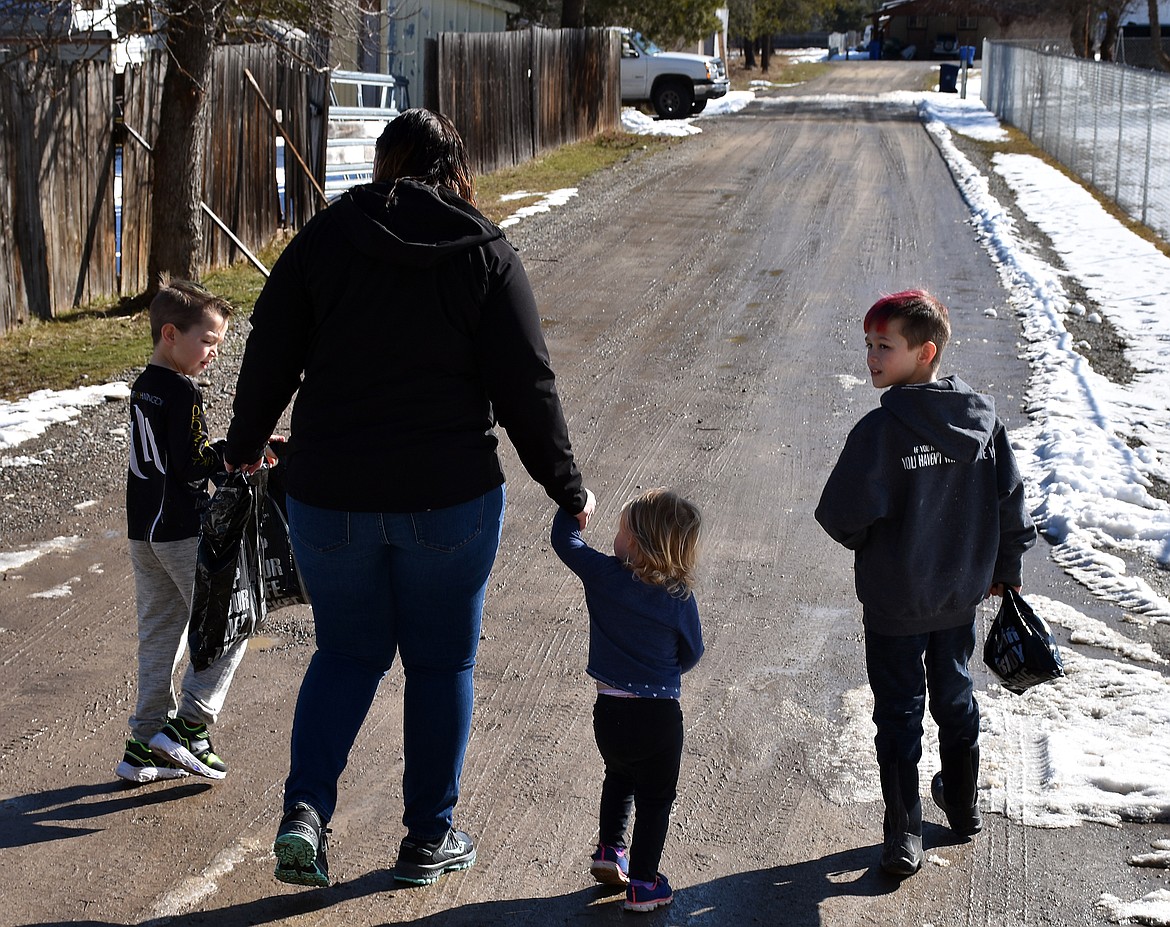District staff feed students despite school closures
|
March 20, 2020 8:11 AM
The students stopped while walking the muddy road toward home. They turned to face the school bus parked off Farm To Market Road. ...
Become a Subscriber!
You have read all of your free articles this month. Select a plan below to start your subscription today.
Already a subscriber? Login






